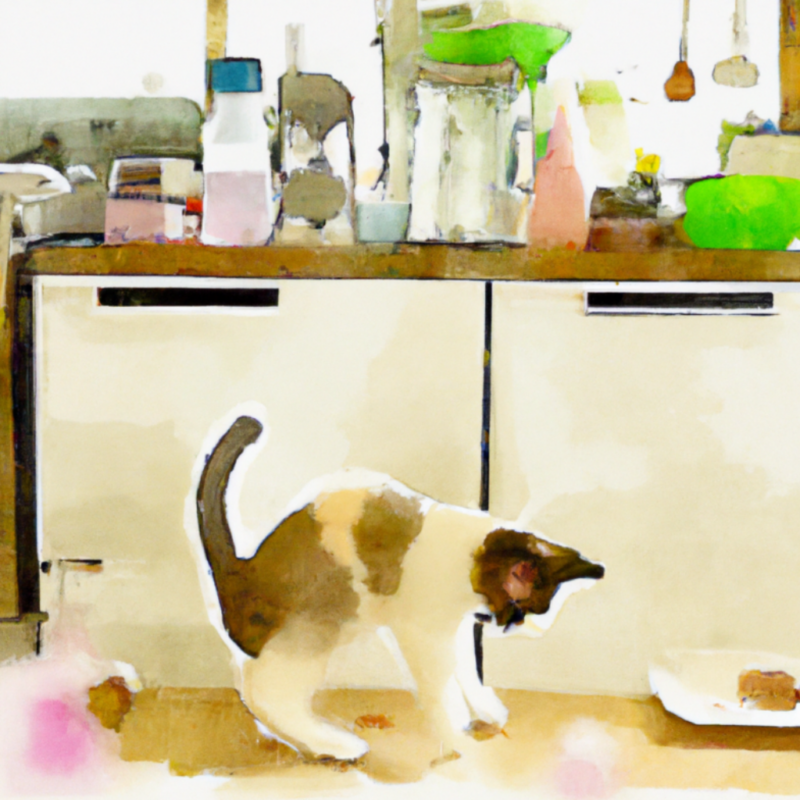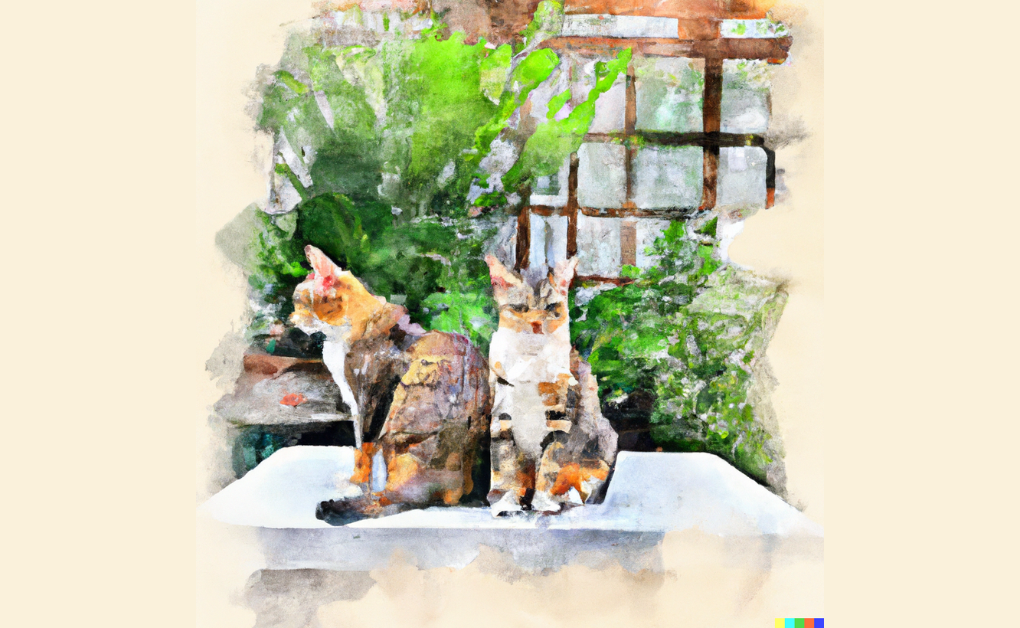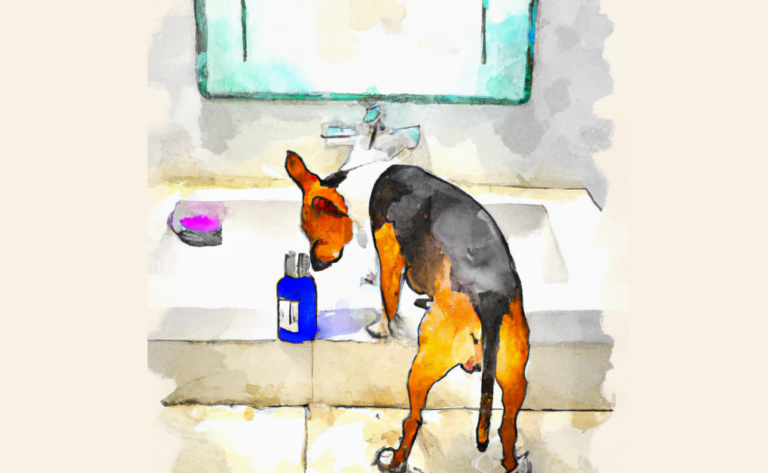How to Kitten-Proof Your Home
Kittens are very playful and curious by nature, which makes it easy for them to play around and cause accidents. If you adopt a kitten, ensure your home is safe for a new pet. You don’t want to discover later that your house wasn’t kitten-proofed. Here are some essential tips to help you kitten-proof your home for your new addition.
Kitten Proof Your Home by Keeping Your Electrical Outlets Safe from Your Kitten
Kitten-proofing your home means keeping your cat from accessing electrical outlets. Even though most cats aren’t electrocuted by touching an outlet, it still poses a danger to your pet.
To prevent electrical shock accidents, keep your electrical outlets safe by installing safety covers. Safety covers protect against accidental contact with live wires and help keep cats away from electrical cords.
Safety covers come in two styles: wall plates and plug guards. Wall plates fit directly onto the back of an outlet, and plug guards cover only the prongs of a standard three-pronged outlet. Both safeties covers work well to keep kids and pets out of harm’s way.
Kitten-Proof Your Home by Keeping the Lid Closed
Cats are notorious for drinking out of toilets. They’re smart enough to figure out where the water comes from but need to be more smart to understand that the toilet bowl isn’t filled with water. So when they find themselves thirsty, they go to the nearest source of liquid – usually the toilet.
To prevent this problem, keep the toilet lid closed at all times. This prevents cats from accessing the water supply.
If you have multiple cats, try placing a small food dish near the toilet. Cats are naturally curious creatures and may be tempted to investigate the mystery behind closed doors. However, if you place the plate near the bathroom, they won’t be able to access the water supply.

Get in the habit of ensuring all the containers in your kitchen are correctly closed. Place them in the cabinet or cupboard where your cat can’t reach them. Cats can get into almost anything if they put their mind to it, so make sure there are no gaps in your cabinets or drawers. Your kitten cannot open a door unless he has something to push on, so make sure all the doors are securely locked.
Pay Attention To Windows And Curtains
Cats are curious creatures. They love to explore and investigate everything around them. If you have cats, chances are you know what I mean. When it comes to climbing, cats are no different from dogs. Cats are even better climbers because they have smaller paws and claws. This makes them less likely to slip and fall while trying to scale a window or curtain.
If you want to keep your home safe from unwanted visitors, here are some tips to prevent cats from getting into trouble.
- Keep All Windows & Curtains Closed
Curtains and blinds are great ways to block out light and reduce glare, but they can also make it easy for a cat to sneak inside. Ensure all windows and doors are securely locked and covered with screens whenever you aren’t home. You can use hardware such as latches and deadbolts to secure your windows and doors.
- Don’t Leave Your Cat Outside Alone
Even though cats are naturally curious, they don’t always appreciate being left alone. As a result, cats often try to find a way inside to play with something interesting. Unfortunately, cats can easily knock over lamps, break glass, and cause damage to furniture. If you’re worried about your cat becoming injured, consider keeping him indoors.
- Be Careful With Furniture
Furniture is another common source of injury for cats. Cats like to climb on things and jump up onto high surfaces. As a result, it’s common for them to get stuck in curtains, blinds, or other objects. Take action immediately if you notice any signs of your cat injuring himself.
- Keep Food Away From The Kitchen Counter
Food is one of the best motivators for cats. If you leave food lying around, your cat may become obsessed with eating it. He might start knocking over dishes, bowls, and anything else he sees. You’ll need to remove the temptation from his reach if this happens.
Hot Spots are Unsafe

Cats are attracted to warmth, especially when it comes to sleeping, eating, playing, and relieving themselves. So if you want to keep your cat safe from hot spots, ensure there aren’t any around the house. Here are some tips to help you do just that.
- Don’t use electric blankets, heated pads, or similar devices. These can cause burns and even death if left unattended.
- Avoid placing furniture directly under heat lamps. This may lead to overheating and fires.
- Never place a heater within reach of your pet. Heat can kill animals very quickly.
- Place a blanket over electrical cords and wires. Doing so helps prevent accidental electrocution.
- Keep your cat out of areas where there are open flames.
- Use caution when cleaning kitty litter boxes. Be careful not to burn yourself while stirring up the mess.
Keep Cords And Cables Safely Out Of Reach
Corded devices like smartphones, tablets, laptops, etc., can pose a hazard to your feline friend. Cats often chew items like cords and cables because they are curious about what’s happening inside those devices. So if you notice your cat trying to chew on a line or cable, make sure it stays out of reach. You don’t want your kitty getting hurt.
Make sure that cords and cables aren’t left lying around. They could become tangled and trip your pet. Also, keep them away from your kitten. Cats love to play with things, including cords and cables. So, if you find one lying around, pick it right up.
Cat Proof Furniture
Cats love scratching things up. They like it rough and scratchy. So a piece of furniture covered in carpet would make a good place for them to do just that. But cats don’t care about what’s underneath. So you’ll want to cover any hard surface with a catproof fabric to keep your floor safe.
You’ll also want to invest in a few pieces of furniture built specifically for cats. Again, there are many options, including beds, scratching posts, litter boxes, and cat trees. Of course, all items must be sturdy enough to withstand scratches and claws.
The best way to prevent scratches is to buy furniture that doesn’t have sharp edges or corners. This is only sometimes possible, though. Some manufacturers design furniture with sharp edges and corners precisely because they want people to use it. So if you want to avoid scratches, you’ll have to look for alternatives.
One alternative is to purchase a protective case. Cases are usually made of plastic and designed to slip over certain types of furniture. The possibilities are often shaped like a box or cylinders. They contain a cushion inside that protects whatever item they surround. They’re great for covering books and laptops, but they work equally well for chairs and tables.
Another option is to use a cat bed. Beds are generally much smaller than couches or chairs. They’re meant to provide comfort rather than support. Most cat beds include a layer of foam on top of plush material. The combination makes for a comfortable resting spot.
Check Your Plants, Flowers, and Other Inedible Items
Kittens will often try to bite into plastic bags, cardboard boxes, and other items that aren’t food. This behavior is called pica, and it happens because kittens don’t know what they’re eating. They think anything edible is food and want to eat everything.
Make sure that plants and flowers aren’t exposed to cats. Some pants are toxic to cats. Even the fertilizers you use can be toxic to them. You can put them inside a cat carrier or cage or hide them in another room. You can also place them on a high shelf and make sure your kitten can’t have access to them. If you choose to let your kitten play outside, ensure he doesn’t have access to trashcans or garbage cans. Cats love digging around in the trash and might find something delicious.
Lock All Window Screens
Check all the windows and doors to ensure they are secure before allowing your kitty out. You don’t want to find out too late that you left the front door open and your kitty got into trouble. A catproof window and a door screen will help prevent your cat from getting hurt.
Purchase a catproof window screen to protect your cat from flying glass shards. These screens work well because they are designed specifically for cats. Door screens are similar to window screens; however, they usually come with a mesh design that allows air flow while keeping debris out.
Don’t allow your cat to roam freely outdoors without proper protection. Your cat could fall victim to a predator lurking in the area.
Frequently Asked Questions
Disclaimer: The information provided on this veterinary website is intended for general educational purposes only and should not be considered as a substitute for professional veterinary advice, diagnosis, or treatment. Always consult a licensed veterinarian for any concerns or questions regarding the health and well-being of your pet. This website does not claim to cover every possible situation or provide exhaustive knowledge on the subjects presented. The owners and contributors of this website are not responsible for any harm or loss that may result from the use or misuse of the information provided herein.







